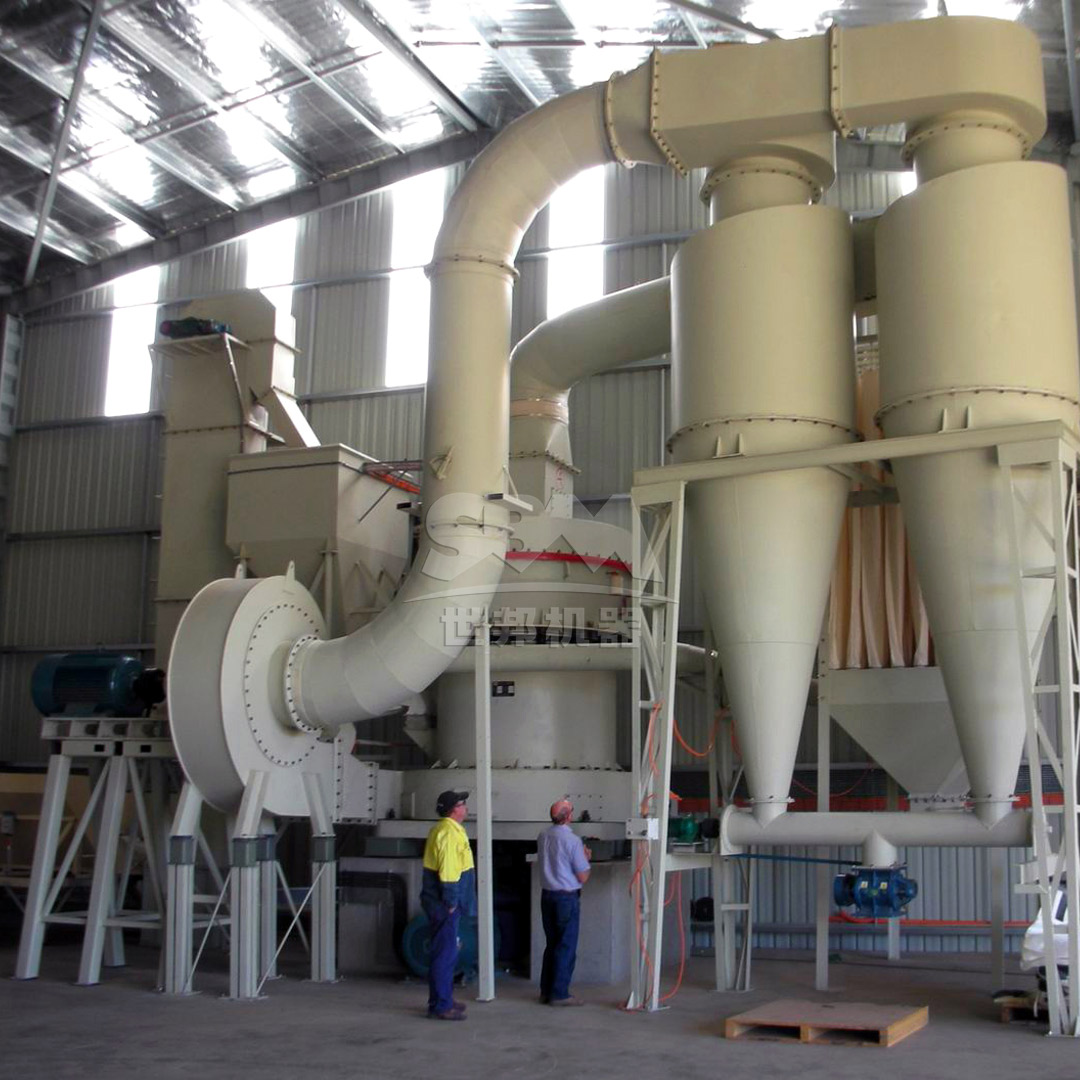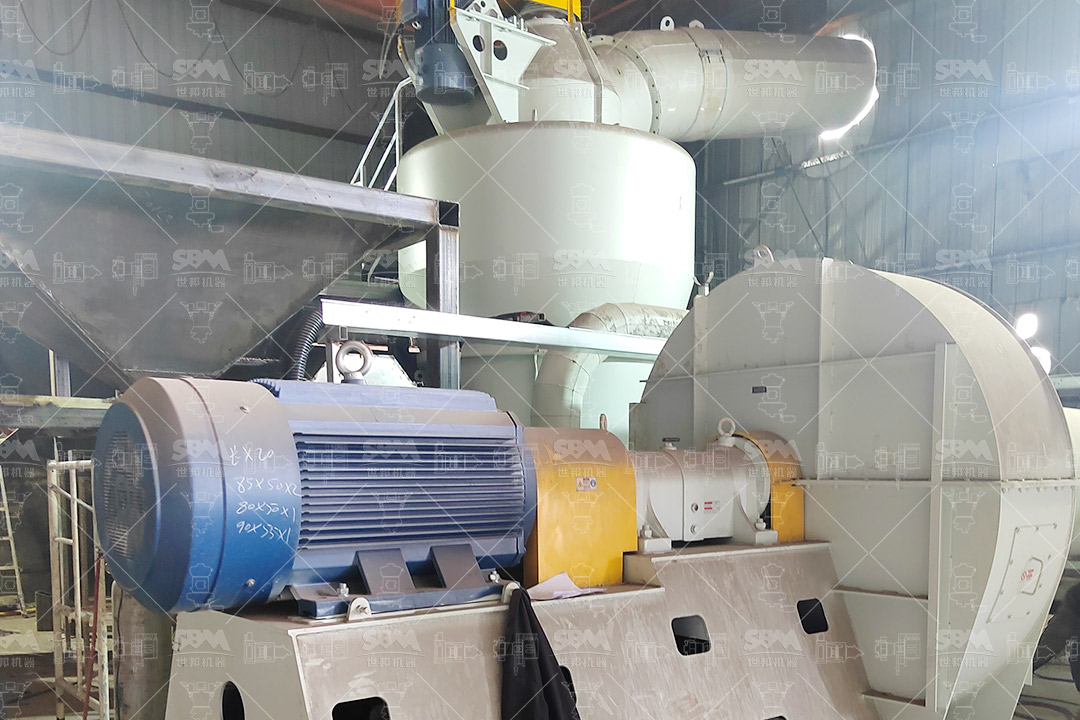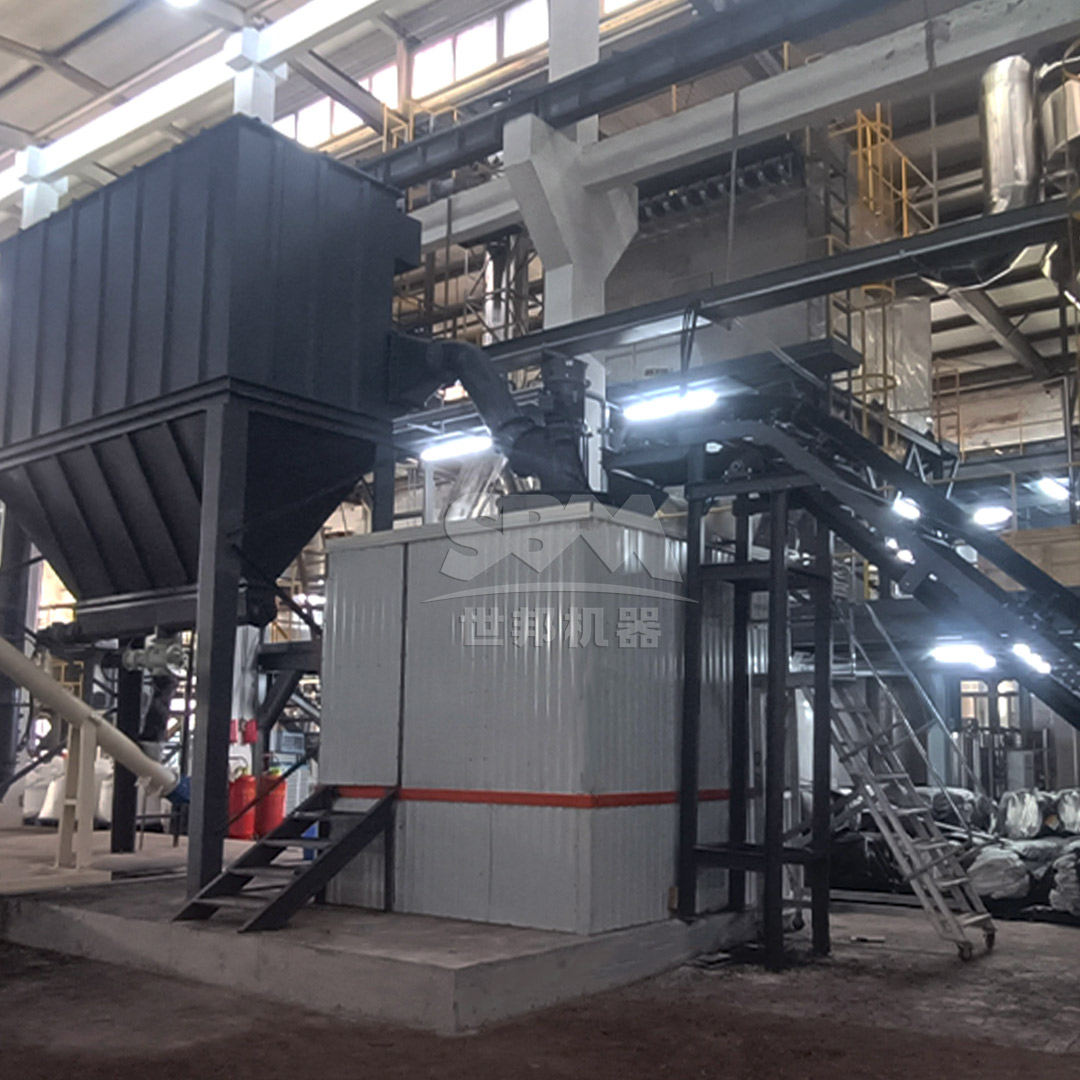Bentonite, a naturally occurring clay mineral composed primarily of montmorillonite, has gained significant attention in environmental remediation due to its exceptional adsorption capacity, swelling properties, and cation exchange capabilities. The effectiveness of bentonite in soil and water remediation processes is highly dependent on its particle size and surface area, which are directly influenced by the grinding technology employed. Properly processed bentonite with controlled fineness exhibits enhanced reactivity and contaminant binding efficiency, making grinding mills critical components in environmental cleanup operations.

Bentonite serves as a versatile amendment in soil remediation projects. Its unique properties make it particularly effective for:
In aqueous environments, bentonite demonstrates remarkable purification capabilities:
The remediation efficiency of bentonite is profoundly influenced by its particle size distribution. Finer particles exhibit:
Research indicates that bentonite ground to specific fineness ranges (typically between 325-2500 mesh) demonstrates optimal performance in most remediation scenarios, highlighting the critical importance of precision grinding technology.

Effective bentonite grinding for environmental applications demands equipment capable of meeting specific technical requirements:
Based on extensive technical analysis and field applications, we recommend our SCM Ultrafine Mill as the optimal solution for bentonite processing in environmental remediation applications. This advanced grinding system offers several distinct advantages specifically beneficial for bentonite processing:
| Feature | Benefit for Bentonite Processing |
|---|---|
| Output Fineness: 325-2500 mesh (D97≤5μm) | Optimal particle size for maximum adsorption capacity and reactivity |
| Processing Capacity: 0.5-25 ton/h | Scalable production to meet project requirements |
| Energy Efficiency: 30% lower consumption | Reduced operational costs for large-scale remediation projects |
| High-Precision Classification | Consistent particle size distribution for predictable performance |
| Pulse Dust Collection System | Environmental compliance and minimal product loss |
The SCM Ultrafine Mill’s vertical turbine classification system ensures precise control over particle size distribution, while its special material grinding rollers and rings provide extended service life when processing abrasive bentonite materials. The intelligent control system automatically maintains target fineness, ensuring consistent product quality throughout extended operation periods.
A recent large-scale soil remediation project in an industrial region required processed bentonite for heavy metal immobilization. The project specifications demanded bentonite with a fineness of 1250 mesh (D97 ≤ 10μm) and a production capacity of 8 tons per hour.
The project team selected our SCM1000 Ultrafine Mill based on its proven performance in mineral processing applications. The specific configuration included:
The SCM1000 system demonstrated exceptional performance throughout the project duration:
The processed bentonite demonstrated 40% higher heavy metal adsorption capacity compared to conventionally ground material, validating the importance of precision grinding in remediation applications.

When selecting grinding equipment for bentonite processing, environmental engineers must consider multiple technological options. Our MTW Series Trapezium Mill presents an excellent alternative for applications requiring slightly coarser particle sizes or higher throughput capacities.
| Parameter | SCM Ultrafine Mill | MTW Trapezium Mill | Traditional Raymond Mill |
|---|---|---|---|
| Output Fineness | 325-2500 mesh | 30-325 mesh | 80-325 mesh |
| Capacity Range | 0.5-25 t/h | 3-45 t/h | 1-20 t/h |
| Energy Consumption | Lowest | Low | Moderate to High |
| Wear Part Life | Extended | Long | Standard |
| Noise Level | ≤75dB | ≤80dB | 85-90dB |
The MTW Series Trapezium Mill features several technological innovations particularly beneficial for bentonite processing, including its curved air channel design that reduces energy loss and improves transmission efficiency. The combined blade design minimizes maintenance costs, while the cone gear integral transmission achieves 98% transmission efficiency. For projects requiring bentonite in the 30-325 mesh range with capacities up to 45 tons per hour, the MTW Series represents an optimal technical solution.
Bentonite’s moisture content significantly impacts grinding efficiency and product quality. Optimal grinding occurs at moisture levels between 8-12%. Excessive moisture causes material agglomeration and reduces throughput, while overly dry bentonite generates excessive dust and increases wear on grinding components. Modern grinding systems should incorporate pre-drying capabilities or accept pre-processed bentonite with controlled moisture content.
The abrasive nature of bentonite necessitates careful selection of wear-resistant materials in grinding systems. Our recommended mills utilize special alloy grinding rollers and rings that demonstrate 3-5 times longer service life compared to standard materials. Regular inspection and scheduled replacement of wear parts ensure consistent product quality and prevent unexpected downtime.
Effective dust collection is crucial in bentonite grinding operations to protect worker health, minimize product loss, and ensure environmental compliance. Pulse jet baghouse collectors with filtration efficiency exceeding 99.9% represent the industry standard. These systems should include automatic cleaning mechanisms and pressure monitoring to maintain optimal performance.
The integration of artificial intelligence and machine learning algorithms represents the next frontier in bentonite grinding technology. Smart mills capable of automatically adjusting operational parameters based on feed material characteristics and target product specifications will further enhance efficiency and product consistency. These systems will predict maintenance requirements, optimize energy consumption, and ensure compliance with increasingly stringent environmental regulations.
Research continues into nano-scale bentonite particles for specialized remediation applications. Grinding technology capable of producing particles in the nanometer range (≤100nm) will enable new approaches to contaminant immobilization and degradation. These advanced materials may find applications in targeted in-situ remediation where conventional approaches prove insufficient.
The environmental remediation industry increasingly emphasizes the sustainability of remediation technologies themselves. Future grinding systems will focus on further reducing energy consumption, implementing circular economy principles through wear part recycling, and minimizing the environmental footprint of bentonite processing operations.
Bentonite grinding technology plays a pivotal role in determining the effectiveness of environmental remediation efforts. The selection of appropriate grinding equipment directly influences bentonite’s adsorption capacity, reactivity, and overall performance in soil and water treatment applications. Our SCM Ultrafine Mill and MTW Series Trapezium Mill represent advanced technological solutions specifically engineered to meet the demanding requirements of environmental remediation projects.
These grinding systems offer precise particle size control, energy-efficient operation, and reliable performance essential for large-scale remediation initiatives. As environmental challenges continue to evolve, advanced grinding technology will remain a critical component in developing effective, sustainable solutions for soil and water purification. By partnering with technology providers offering proven grinding solutions, environmental engineers can optimize remediation outcomes while controlling project costs and ensuring regulatory compliance.